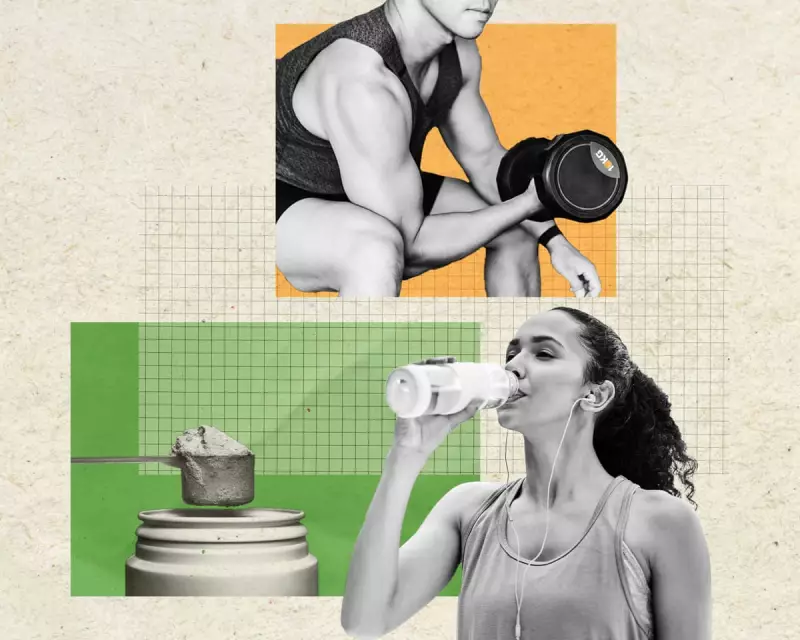
The wellness aisles of British supermarkets and health stores are witnessing a new contender in the hydration game: protein water. Marketed as the perfect fusion of essential hydration and muscle-building protein, these clear, often fruit-flavoured beverages promise to revolutionise your fitness routine. But are they truly the miracle elixir they claim to be?
What Exactly Is Protein Water?
Unlike traditional milky protein shakes, protein water is a transparent beverage that dissolves protein isolates—typically whey or plant-based alternatives like pea or soy—into water. The result is a low-calorie, low-carb drink that provides a quick hit of protein, usually between 15-20 grams per serving, without the heaviness of a shake.
The Alluring Benefits: More Than Just Hype?
Proponents highlight several compelling advantages. For those engaged in weight management, protein water can be a powerful tool. The high protein content promotes satiety, helping to curb cravings and reduce overall calorie intake. Its convenience is undeniable; it's a quick, portable solution for a post-workout top-up without the need for blenders or shakers.
For athletes and gym-goers, the appeal lies in muscle recovery. Consuming protein shortly after exercise aids in repairing and rebuilding muscle fibres, and doing so in a hydrating format is an efficient two-in-one. It's also a boon for individuals, particularly the elderly, who may struggle to meet their daily protein requirements through food alone, helping to combat age-related muscle loss, or sarcopenia.
The Other Side of the Coin: The Potential Downsides
Questionable Ingredients and 'Health Halos'
Not all protein waters are created equal. To achieve a palatable flavour in a clear liquid, many brands rely on artificial sweeteners, flavourings, and preservatives. While these are generally recognised as safe, they may cause digestive discomfort for some sensitive individuals. There's also a risk of the 'health halo' effect, where consumers perceive the product as so healthy that they neglect other aspects of a balanced diet.
The Cost Conundrum
Perhaps the most significant drawback is the price. Protein water is substantially more expensive than obtaining protein from whole food sources like chicken, eggs, lentils, or Greek yoghurt, or even from a standard protein powder you mix yourself. You are paying a premium for convenience.
Is It Really Necessary?
For the average person, the necessity is debatable. Most people can easily meet their protein needs through a balanced diet. Unless you are a dedicated athlete with heightened requirements, have specific dietary limitations, or are in a situation where convenience is paramount (like travelling), protein water might be an unnecessary expense.
The Verdict: Should You Dive In?
Protein water occupies a specific niche. It can be a useful, convenient tool for serious athletes, those on a strict weight loss plan, or individuals with increased protein needs. However, for the general public, it should not be viewed as a must-have health staple. It is a supplement, not a replacement for a nutrient-rich diet.
Before you stock your fridge, consider your goals, your budget, and read the labels carefully. The clearest choice for your health might just be the simplest: a balanced diet and plenty of plain water.





